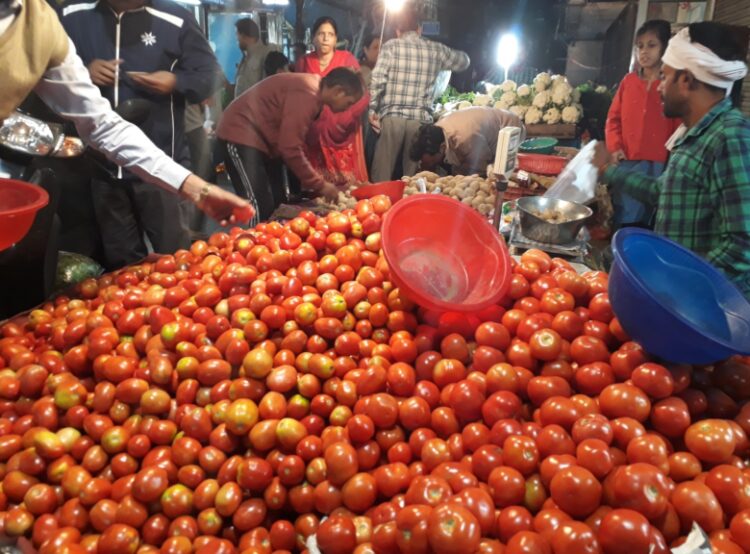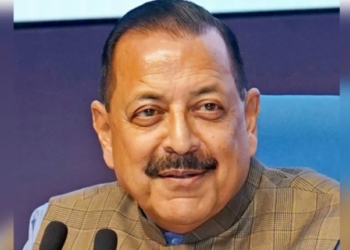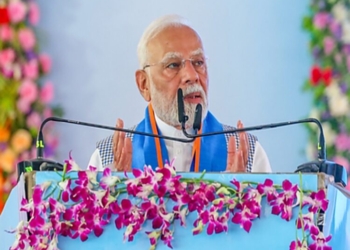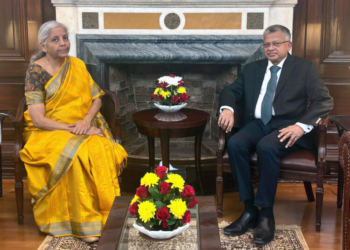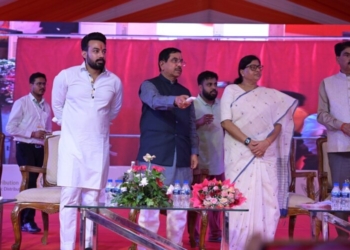Shimla: Intermittent showers in May-June during the kharif season, or summer crops, have severely impacted almost all vegetable crops, including tomatoes, in Himachal Pradesh — the vegetable bowl of the country — leading to overall fall in its production.
Earlier, high deficit rains in the kharif season in February added to woes of vegetable growers.
Currently, the winter tomato crop sown in the hill state is being sold at Rs 80-120 per kg in wholesale markets of north Indian plains, say traders on Tuesday.
The kharif crop of tomato from the hill state, which has also been impacted, will start arriving in markets by mid of July.
Street vendors often sell vegetables at prices over 20-30 per cent than the wholesale market. And if prices of tomatoes are pinching your wallet, ready to shell out more in the coming months as weather vagaries in the hill state is going to impact the crops of capsicum, peas, French beans, cucumber, and cabbage too.
“Himachal Pradesh’s tomato crop starts arriving by mid of July. Its winter crop was impacted by long dry spells. Later on, the summer crop sowing was impacted by frequent spells of rains in March-April,” Charan Dass Verma, a grower at Jabbarhatti on the outskirts of Shimla, told IANS.
He said the next tomato crop is likely to be bleak as the sowing was much less than the targeted area and the crop in many areas damaged due to early onset of monsoon rains.
Ramesh Thakur, a seller at the Solan wholesale vegetable market, said tomato prices have shot up more than three-fold in just a few due to low supply.
“Tomato prices have skyrocketed to more than three-fold. These days, it is selling between Rs 60 and Rs 80 per kg in Chandigarh and Delhi markets,” he said.
Traders in Solan said most of tomato crop in this season comes from Rajasthan and Haryana where it was damaged due to early heavy rainfall and the outbreak of fungal disease that destroyed the crops more compared to the past.
“Even the tomato from the plains feed Himachal markets in this season. Now the shortage in the plains has made the prices touching the sky and farmers in Himachal are getting remunerative prices,” says trader Mohammad Yusuf.
Rajesh Bali, a tomato farmer near Solan town, said pre-monsoon showers caused a lot of damage.
“In May the crop damage percentage was 30 per cent. This month it rose up to 50 per cent. The excessive rains took a toll on other vegetable crops like cabbage, capsicum and beans,” he added.
The outbreak of fungus disease buckeye rot is the maximum in tomato crops across the state due to excessive showers, a state agriculture department official told IANS.
An official told IANS that high inflation is mainly due to a spike in prices of tomatoes owing to crop damage and supply disruption due to the unseasonal heavy rains in major producing areas. He says the prices will normalise in September-October when the vegetables from the north Indian plains will start hitting the market.
Tomato is one of the major off-season cash crops grown in the lower and mid-hills of the state. Solan district alone harvests around 1.75 lakh tonnes of tomatoes, half of the state’s overall production.
The state is also a major capsicum-producing state in the region with the bulk of the crop finding its market in Chandigarh, Delhi, Kolkata, Mumbai, and Bengaluru. It is grown in about 1,200 hectares mainly in Solan, Shimla and Sirmaur districts.
The state annually produces 100,000 tonnes of capsicum.
Vegetable production is generating revenue of Rs 3,500-Rs 4,000 crore annually and has emerged as an alternate economic activity in the agriculture sector. The returns on off-season vegetable cultivation are very high compared to traditional food crops.
Also to cash in on the high demand and remunerative prices of organic food — be it fruits, vegetables or pulses — the state is laying emphasis on organic farming.
According to the Agriculture Department, 1.71 lakh farmers in Himachal Pradesh are growing chemical-free crops.
With the incentives being offered by the government, the inclination of the farmers towards natural farming has increased manifold in the state. Oriented towards chemical fertiliser-free farming, women are playing an important role in taking Himachal forward in the production of natural crops.
(IANS)



